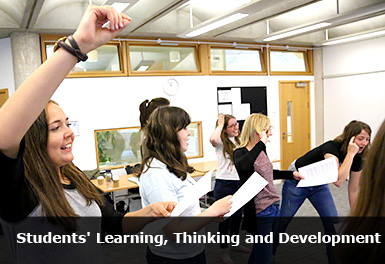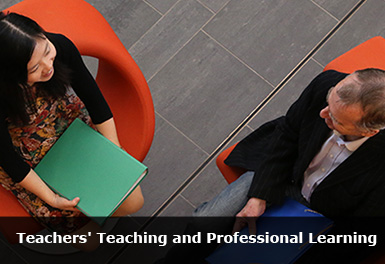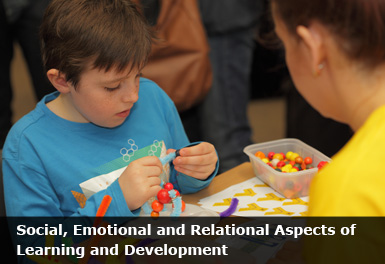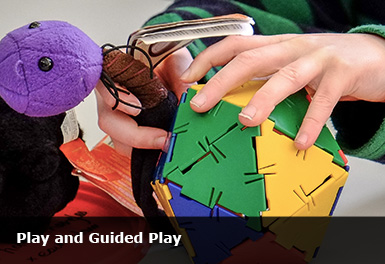The work of the PELS research group is organised in four strands:

Students' Learning, Thinking and Development
Strand lead: Michelle Ellefson
Research in the first strand focuses on understanding and improving children's and adults' learning, thinking and development in and across disciplines. Cognitive reasoning, critical thinking, self-regulation, executive functions, brain processes, motivation, affect and wellbeing are some examples of research topics within this domain. Questions addressed in this strand are for example how children's reasoning about causes and effects impacts how they think about scientific phenomena, and what key factors are in adults’ use of critical thinking and scientific reasoning.

Teachers' Teaching and Professional Learning
Strand lead: Jan Vermunt
Research in the second theme of the PELS research group focuses on teachers and their teaching and professional learning. A first way to do this is to translate psychological research into educational contexts. For example, what types of strategies can children use to solve everyday problems more effectively, and how can teachers support this? For teachers many of these innovative practices are new and they need to learn to understand and use them in their daily teaching. Therefore, research in this strand also aims to understand and improve teacher professional learning, often in the context of educational innovations.

Social, Emotional and Relational Aspects of Learning and Development
Strand leads: Ruth Kershner and Ros McLellan
This strand of research is concerned with children's and adult's social and emotional experiences and competencies, how these may change over time and how they are linked to 'mindset', educational achievement and wellbeing. In researching these topics we take account of the sociocultural context and the quality of relations between teachers and students. Questions arise about how classroom relationships support children's emotional development, self-efficacy and motivation, and how these in turn may provide essential conditions for learning and mental health.

Play and Guided Play
Strand leads: Paul Ramchandani, Sara Baker, Jenny Gibson
A fourth strand in the research activity of the group is focused on the role of play in education, development and learning. This research is undertaken in the PEDaL research centre. It examines for example young children’s playful problem-solving in contexts relevant to science education, and studies links between early peer interactions in playful contexts and language development. The knowledge about play and playful learning thus acquired is used to develop and research ‘guided play’ approaches to teaching in early childhood. Together with teachers as “co-researchers”, our researchers are evaluating teachers’ perceived needs, and identifying guided play teaching techniques that can develop children’s independent problem-solving.
